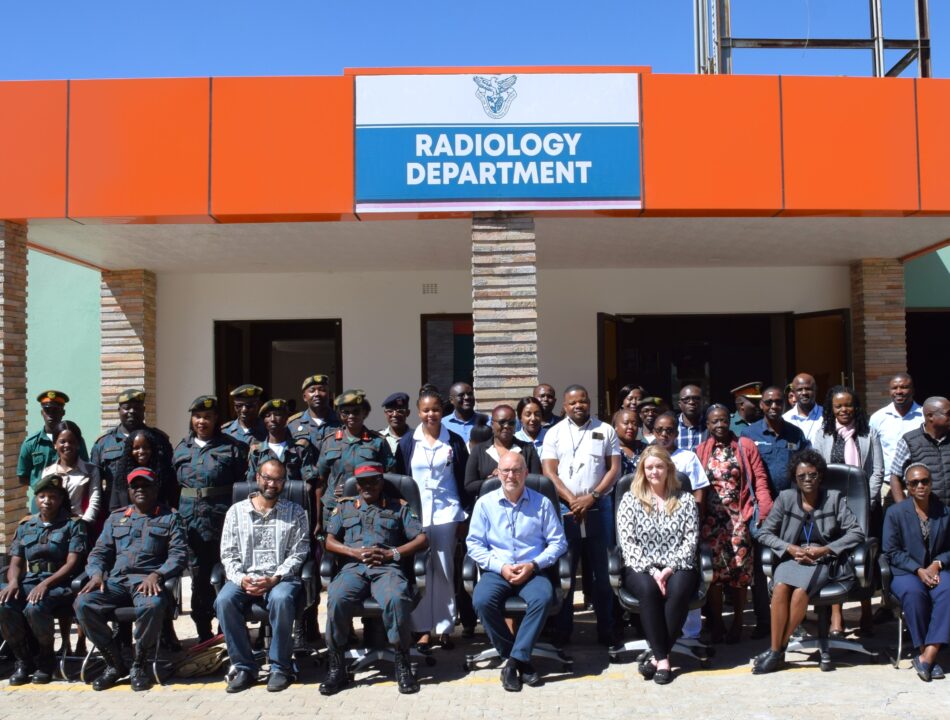- HOME
- ABOUT
- AREA OF FOCUS
- Research
- Enteric diseases & HIV vaccine Research unit
- HIV prevention, care & treatment
- Implementation Science
- Paediatric prevention care & treatment
- Vulnerable Children & Adolescent Health
- Tuberculosis
- Prison’s Health
- Social & Behavioral studies
- New Born & Women’s health
- Primary care and health systems strengthening
- Mental Health
- Hepatitis
- SUPPORT UNITS
- MEDIA
- News
- Annual reports
- Quarterly Newsletters
- Vol.24 CIDRZ Newsletter Q2 FY 2024
- Vol.23 CIDRZ Newsletter Q1 FY 2024
- Vol.22 CIDRZ Newsletter Q4 FY 2023
- Vol.21 CIDRZ Newsletter Q3 FY 2023
- Vol.20 CIDRZ Newsletter Q2 FY 2023
- 1st Quarter Newsletter FY2022/2023
- 4th Quarter Newsletter FY2021/2022
- 3rd Quarter Newsletter FY 2021/2022
- 2nd Quarter – FY 2021-2022
- 1st Quarter 2021-2022
- Research Abstracts/ Scientific Posters
- Research Presentations
- Gallery
- Videos
- TRAINING
- TOOLKITS
- Taskpen Toolkit
- Human Infection Studies (HIS)
- Menstrual Hygiene Management (MHM)
- Better Information for Health in Zambia Toolkit – 2017
- CommART Toolkit
- Operation Triple Zero Plus – HIV Literacy Package for Adolescents
- TASKPEN CLINICAL GUIDELINES :Protocols for the Integrated Management of Cardiometabolic conditions in Adult PLHIV
- JOBS
CIDRZ – MoH holds PCC Transition Meeting

Airtel Zambia boosts CIDRZ’s fight against TB with a Donation of internet Routers
November 23, 2021
CIDRZ and StanChart backs GRZ in the fight against COVID-19 amidst new Omicron variant
December 15, 2021The Centre for Infectious Disease Research in Zambia (CIDRZ) in collaboration with the Ministry of Health (MoH) held a Person-Centred Public Health for HIV Treatment in Zambia (PCPH) transition meeting at CIDRZ Main Campus in Ibex Hill, Lusaka on 25th November 2021.
The objectives of the meeting were (i) to share PCPH progress update and preliminary results with Health Care Workers (HCWs), (ii) to receive feedback on PCPH intervention and get insights from HCWs on sustainability of PCPH intervention and (iii) to give awards to all the participating health facilities.
Speaking during the meeting, CIDRZ Chief Executive Officer, Dr. Izukanji Sikazwe said “PCPH intervention was developed based on a previous research study conducted by CIDRZ in which lessons were learnt on why people living with HIV (PLHIV) disengage from HIV care”.
“We are really interested in outcomes of our patients and in ensuring that they are retained in HIV care and are virally suppressed. Therefore, our goal is to have patients and health care providers who are satisfied. It was heart-breaking to learn in our previous study that there are health care providers who care for patients, but they do so rudely”, She said
Dr Sikazwe emphasized the need for all HCWs to get vaccinated against COVID-19. “During the third wave of COVID-19, we saw our friends and colleagues die of COVID-19. Please ensure that you, your relatives, and friends get vaccinated”.
And Levy Mwanawasa University Teaching Hospital (LMUTH), Head of Clinical Care, Dr. Aggrey Mweemba, thanked CIDRZ for implementing the PCPH intervention and encouraged the health facilities to continue learning from one another and uphold the Person-Centred Principles when providing services to clients.
Dr. Mweemba further reiterated the call for people to get vaccinated against COVID-19. “Seeing most people die from COVID-19 at Levy Mwanawasa University Teaching Hospital during the first second and third wave made me cry. If you know of a relative or friend who is not vaccinated, encourage them to get vaccinated against COVID-19”.
During the meeting, 24 public health facilities were awarded with certificates and goods worth K 1750 for ‘best performing’, K 1,250 for ‘second-best performing’, K 1000 to the ‘most improved’ and K 500 was given to all health facilities that participated in the PCPH intervention.
Background of the Person-Centred Public Health for HIV Treatment in Zambia (PCPH)
CIDRZ has been implementing the PCPH interventions across 24 public health facilities in Lusaka and Chongwe district from August 2019 to November 2020. The Health Facilities include Chawama General Hospital, Matero General Hospital, Chainda Main Health Facility, Makeni Health Facility, Chazanga Health Facility, Kabwata Health Facility, Kanyama West Health Facility, Chongwe District Hospital, Levy Mwanawasa University Teaching Hospital, Mtendere Health Facility, Bauleni Health Facility, Kalingalinga Health Facility, Kamwala Health Facility, Lilayi Health Facility, Chelstone Level 1 Hospital, Chipata General Hospital, State Lodge Health Facility, Chilenje Level 1 Hospital, Kanyama General Hospital, Ngombe Health Facility, Railway Health Facility, Matero Main Health Facility, Kanakantapa Rural Health Facility and Chainda South Health Facility.
PCPH intervention entails;
- Systematic assessment of the patient experience;
- Health Care Workers (HCWs) training and mentoring in person-centred care and,
- Motivating health facilities by providing incentives.
The PCPH intervention was implemented using a stepped wedge design in which there were 4 waves, and each implementation period was for 6 months. By implementing PCPH intervention, CIDRZ in collaboration with Ministry of Health (MoH) seeks to improve patient experience thereby improving retention and clinical outcomes in HIV care.

















